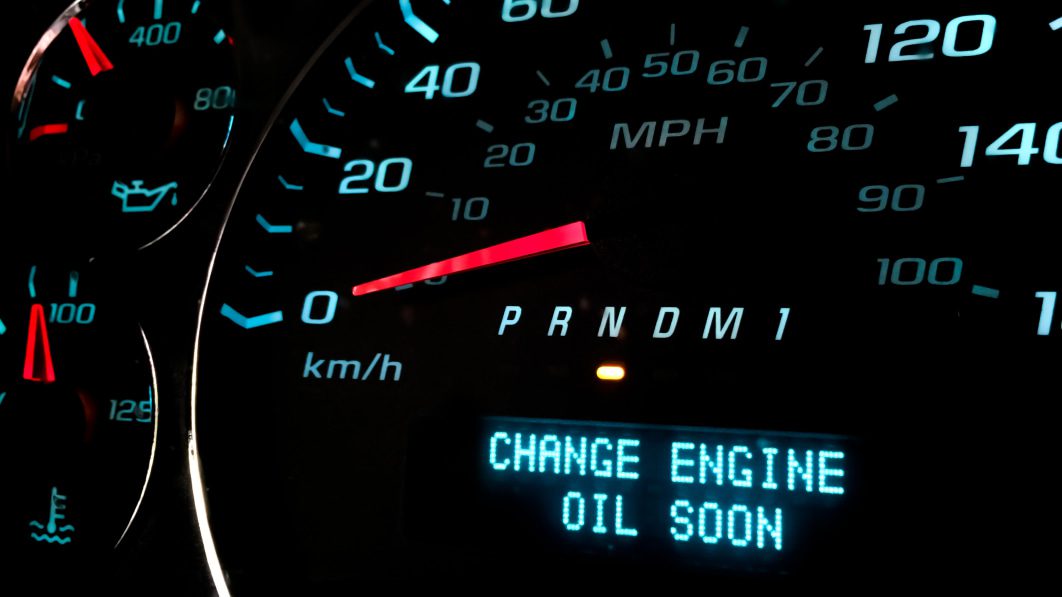How to make your car last longer: Driving habits, tips and maintenance to help you max out your mileage

Autoblog may receive a share from purchases made via links on this page. Pricing and availability are subject to change.
New vehicles are more expensive than they’ve ever been. Inventory shortages have led to markups and have made it almost impossible to find some new models for prices anywhere near MSRP. So, while you may not like your current daily driver, keeping it on the road can save you thousands and may prevent you from getting ripped off in today’s cutthroat car market.
How can you keep your ride going for as long as possible? Let’s take a look at a few of the best ways to prolong your car’s life.
Take care of routine maintenance
Yes, we know that oil changes, tire rotations, filter replacements, and tune-ups aren’t much fun. At the same time, ignoring those things can lead to premature wear and tear on your car and cost you big bucks when things start failing. Keeping track of the little stuff generally helps prevent, or at least reduce the frequency of, more extensive repairs. Proper lubrication and correct fluid levels also help prevent engine and drivetrain wear.
Keep your car clean
Car washes are expensive and take time, but keeping your car clean may help keep it on the road longer. Dirt and debris can wear the paint and lead to early rust, and if you live in a part of the country that gets legitimate winter weather, your car faces sand, salt, and all manner of moisture to top it off. We’re not asking you to polish your car for hours every weekend, but giving your ride a good wash at least once a month or so is important.
The same goes for your car’s interior. Letting dirt and junk accumulate will make your interior smell terrible and can cause stains and tears on the upholstery. You may think that a scent couldn’t affect your car’s longevity or operation, but you won’t want to drive a rolling dumpster, and your friends won’t want to ride, either.
Mind your speed
It’s easy to get sucked into the stress of commuting and act irrationally, but the best thing for your car is to drive like you’re aware that it won’t last forever. The key here is to drive as smoothly as possible. Avoid quick starts and hard braking, and try not to take every corner like you’re running P2 at Monza. The stress of hard driving can take a toll on your car’s body structure over time, so you’ll hear more creaks and rattles. Slamming the throttle at every green light will prematurely wear your engine and can lead to breakdowns, and the same is true for braking components when you decide to stop on a dime.
Park in the shade
Garages and carports are luxuries that many don’t enjoy, but parking in a covered or shady area can help your car last longer. Excess sunlight and heat can damage your car’s paint, interior, and rubber components, even if you don’t live in sunny parts of the country like Arizona and California. If you do have access to a covered spot, park there as often as possible. If you’re one of the many that don’t, there are several things you can do to protect your car:
Mind your tires
Tires are the only part of your car designed to touch the road, so they’re one of the most important parts of vehicle maintenance and preventative care. Improperly inflated tires can cause misalignment or lead to vibrations that can wear components faster. The same is true for unevenly worn tires, which don’t provide a smooth rolling surface. Worn tires also increase your changes of skidding and losing traction, which is a great way to end your vehicle’s life.
Related video:



